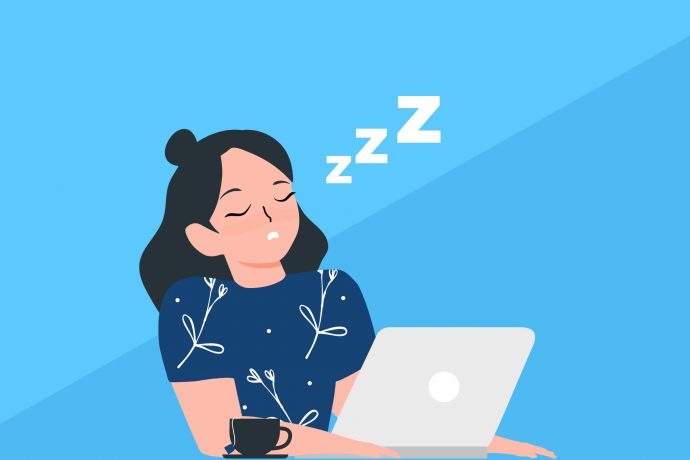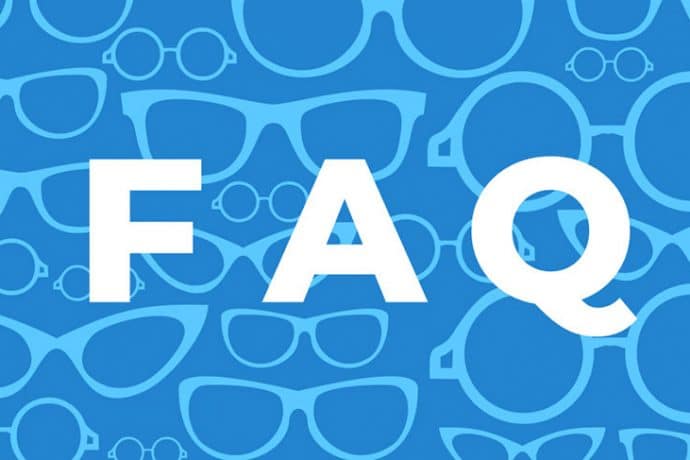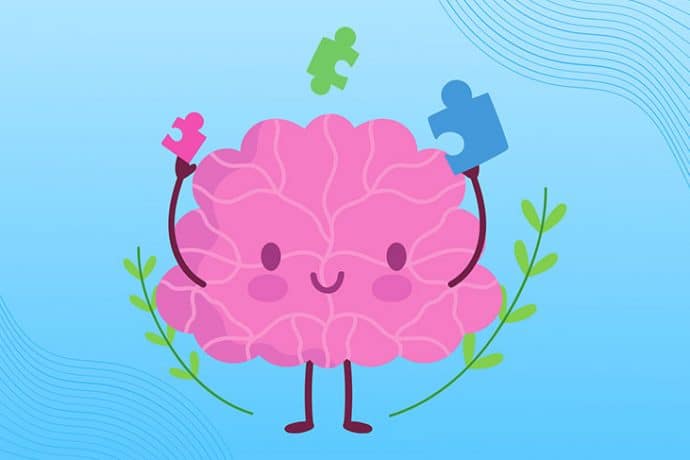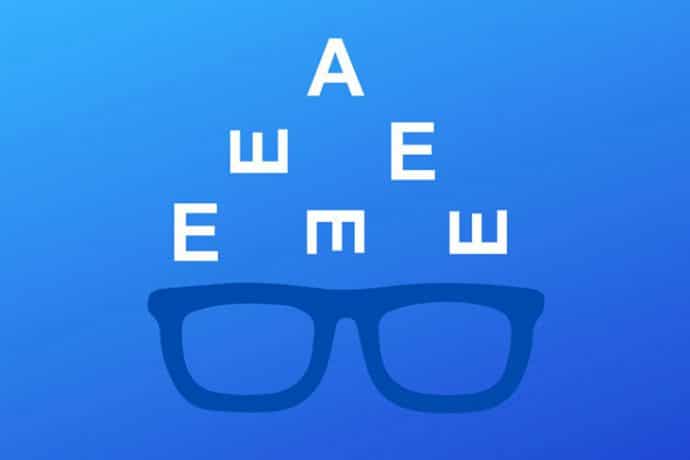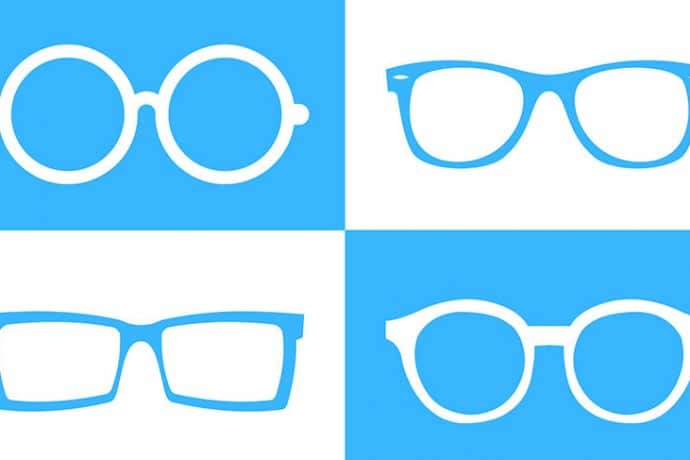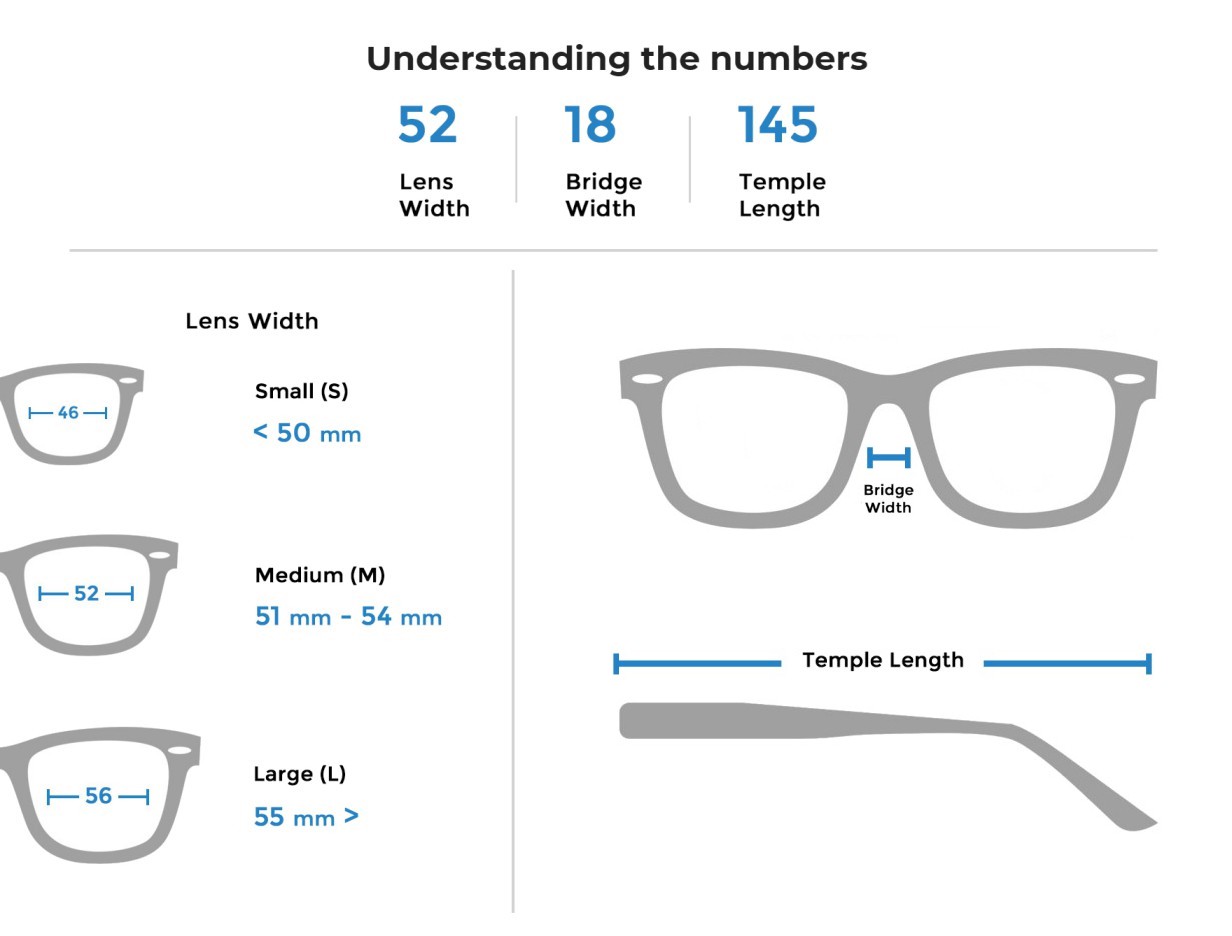Do Blue Light Glasses Work?
Using digital screens was a normal situation a long time before the pandemic hit. Today, with lockdowns going on, we became glued to our screens even while we’re not working.
There’s almost no place to go and practically nothing else to do in your free time other than watching TV shows, spending time on social media, or playing video games.
However, there might be a way of protecting your eyes and saving peace of mind even during this period of excessive screen time, and it’s called: blue light glasses.
Let’s dive into the topic and find out if blue light glasses even work!
What are the harms of blue light?
We said it before, and we’ll say it again: Blue light isn’t as harmful as it might sound!
Blue light is the light that makes our skies blue and helps us get up in the morning. But, when it comes from digital screens, it can mess with multiple parts of our bodies.
Staring into a digital screen for a more extended period can cause dry and irritated eyes. Because we’re practically staring, we are not blinking as often as we should.
Blinking helps moisten our cornea, so the lack of blinking means higher chances of drying out your eyes. Dry eyes mean irritation, and continuous irritation can lead to serious eye-health problems.
We said that blue light helps us wake up in the morning, but it also helps us stay awake and alert during the day.
However, by being exposed to a blue-light-emitting device at night, your brain can be tricked into thinking it’s still daytime, so it postpones its natural before-bed processes, such as melatonin secretion.
That’s why people have trouble falling asleep when they finally lay down at night, even though they might feel physically tired. This is exactly how sleep disorders emerge, paving the way to feeling stress-prone, tired, lacking focus, etc.
How do blue light glasses work?
Blue light blocking glasses work in a specific way: they have lenses that can block or filter out the blue light from digital screens.
bluwinx blue light glasses consist of a unique bwgf Lens technology, which filters harmful blue light (up to 80%) and offers 100% protection against UV rays.
Computer glasses reduce glare and filter the amount of blue light you’re exposed to, enabling you to work longer on devices without worrying about the side effects.
Our bluwinx team designed blue light glasses that work to filter out blue light while increasing the screen’s contrast to help your eyes relax as you look into a device.
Typically, blue light lenses have a slight yellow tint (to counterbalance the blue light). Still, it has an undesired effect on creative professionals like designers or content creators – it distorts colors on the screen and may cause work issues.
bluwinx blue light glasses offer maximum blue light filtering without an amber tint that could cause color distortion and overall work disturbance.
What else can blue light glasses help with?
Blue light glasses can help with sleep.
By filtering the blue light coming from our digital devices at night, our brains won’t be as tricked into thinking it’s still daytime, so they’ll continue producing melatonin as they should. This means you’ll be more able to fall asleep naturally if you protect your eyes with blue light blocking glasses.
A study conducted tried to test if blue light glasses could help ailing people’s sleep issues with Parkinson’s Disease. They deduced that a total of 84% had an overall positive attitude towards wearing blue light glasses.
Except for one patient, all responders declared that they would like to continue using the glasses, because they considered it useful. That concluded that blue light therapy appeared to positively affect sleep, mood, and motor symptoms in Parkinson’s Disease patients.
All of the patients had an overall positive attitude towards blue light glasses as a treatment for sleep disorders.
Are there alternatives to wearing blue light glasses?
Yes, there are many alternatives to blue light glasses that could help you start building a habit of preventing severe eye damage.
Practicing self-care is one of the simplest ways to prevent and reduce eye strain and minimize the harmful effects of blue light.
For example, taking regular breaks and following the 20-20-20 rule: for every 20 minutes you look at a device, take a 20-second break looking at something 20 feet away. This method can help you rest your eyes from close-up vision and allow them to focus on different distances.
You can also adjust your computer or screen settings to ensure that the brightness and contrast are balanced correctly.
If you find yourself focusing on small fonts or looking in detail at your screen, try making things larger by working at 125%-150% zoom. This will reduce the amount of work your eyes need to focus on tiny text and images.
In summary:
More medical research will have to be conducted, confirming the current theses about blue light glasses helping people combat digital eye strain.
However, the statement that blue light glasses may help with sleep issues is a fact. As with many other eye and body health issues, prevention is critical.
That’s why, in addition to taking frequent breaks and resting eyes, we suggest choosing only top-notch-quality blue light glasses, which can filter the maximum amount of blue light and make you look good at the same time!
If you are interested in learning more about blue light and its dangerous effects on our eyes and brain, visit our blog and read more about blue light and sleep related topics.
If you have any additional questions, don’t hesitate to reach out – email us at help@bluwinx.com!


